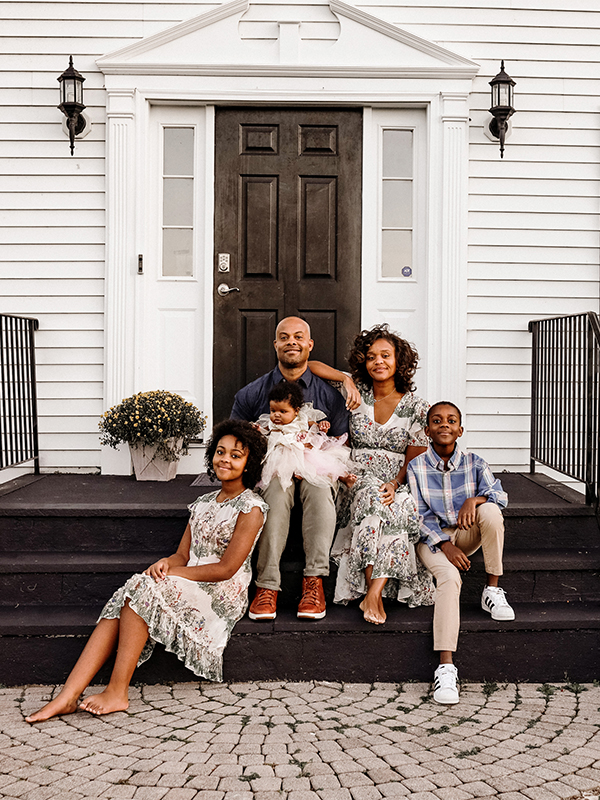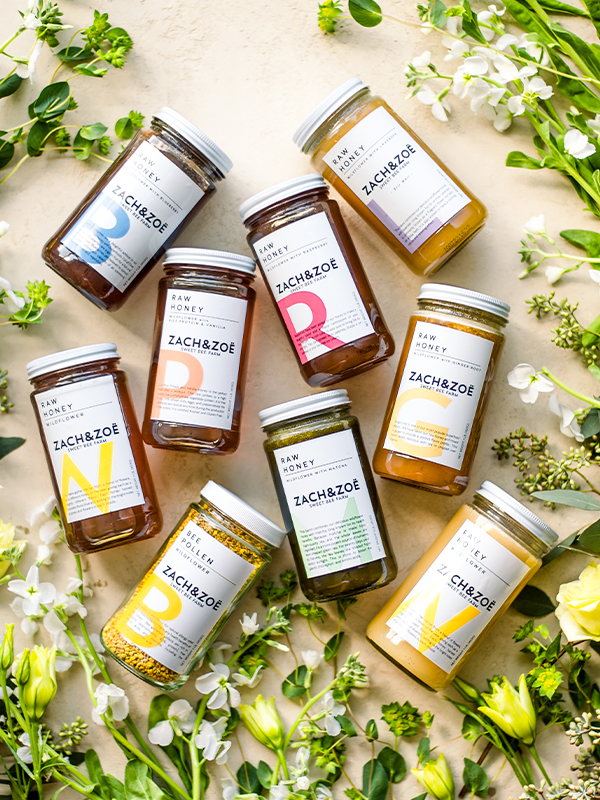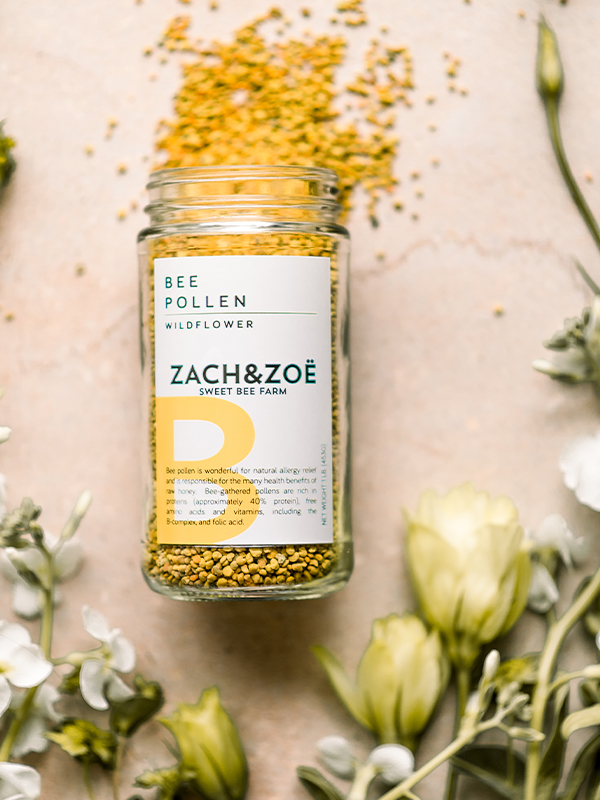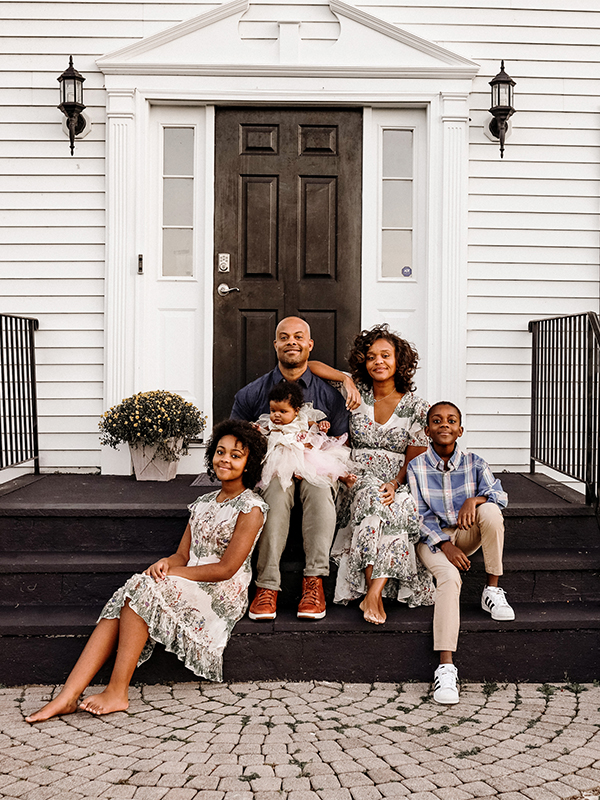When wife-husband duo Summer and Kam Johnson couldn’t find a solution to their son Zach’s severe allergies, they took matters into their own hands. After researching the benefits of raw honey sourced from local bees, the Johnsons started beekeeping at their rural New Jersey home—and the honey helped Zach’s allergies! But what started as an in-home project has since turned into a thriving business. Zach and Zoë Sweet Bee Farm products (including honey, bee pollen, honeycomb and more) are now available in more than 103 stores across the country and have been featured at large venues like Chelsea Market. And with 50 hives in their backyard farm, the Johnson family continues beekeeping themselves, in addition to sourcing honey from local farmers.
Sweet July spoke to Summer Johnson to learn more about how the business has evolved from its early beginnings, the fun and innovative ways to consume their products, and the value of working with her family.

Since launching your business, what needs has it served beyond its initial purpose?
I wanted us to stand out, so I started mixing organic superfoods into the honey. It started out with beetroot, matcha, lavender and rice protein and then we had plain—and it just took off. People just enjoyed it and they got real nutrients. The ginger honey is still a favorite to a lot of people because of the health benefits there.
I would talk to every customer and I would ask them how they use the honey and where they were from. They have come in with their own stories. One girl came from the south and she was like, ‘I usually have a flu every year and I took the beetroot honey’—she said it really helped her. We hear all the time that ginger honey calms the coughs, inflammation, bacteria and cold symptoms.
What’s it like running a business with your family?
Me and my husband like to start businesses, and I was homeschooling the children at the time [we started], and it just seemed right that the next lesson for them was entrepreneurialism. I think now because they’re teenagers, it’s an endearing thing to them. They enjoyed those years of business with me, keeping the bees, going to the market and selling with me—all these little things that they did to put together this entity. It was just the perfect time for them when they were younger. Now that they’re teenagers and the business has grown, they’ve grown with it, and so it’s a good balance.
My husband is a businessman. He just took it to the next level and I’m super grateful for that. I have a degree in painting, he has an MBA, so we’re kind of on two opposite sides of the spectrum. So that would be challenging, but we had to respect each other’s gifts, and emphasize the happier moments and appreciate that we’re able to do this together.


What are some standout ways to consume your honey?
Honey has a way of taking on the temperature of the room that it’s in and it does it pretty quickly. So you can spread the honey—people have spread the honey on their toast, their pancakes, things like that. The matcha honey is really good on lamb chops; the beetroot honey is really good on any kind of beef, like steak; the cranberry honey is good on turkey. People have said to try the ginger honey on salmon.
How does it feel to be sharing space with other like minded Black women-owned businesses?
It’s been very inspirational. I’m just super grateful that people are realizing that it’s a season to just fulfill your dreams. That your destiny is in your own hands and if you have something good, people will come for it. I’m just glad that I’m amongst so many excellent Black entrepreneurs—the quality of the products is amazing, and you can just tell that they really spend time crafting what they put out there. I’m just honored to be a part of it all. It’s like a renaissance of businesses.
This interview has been edited and condensed for clarity.







